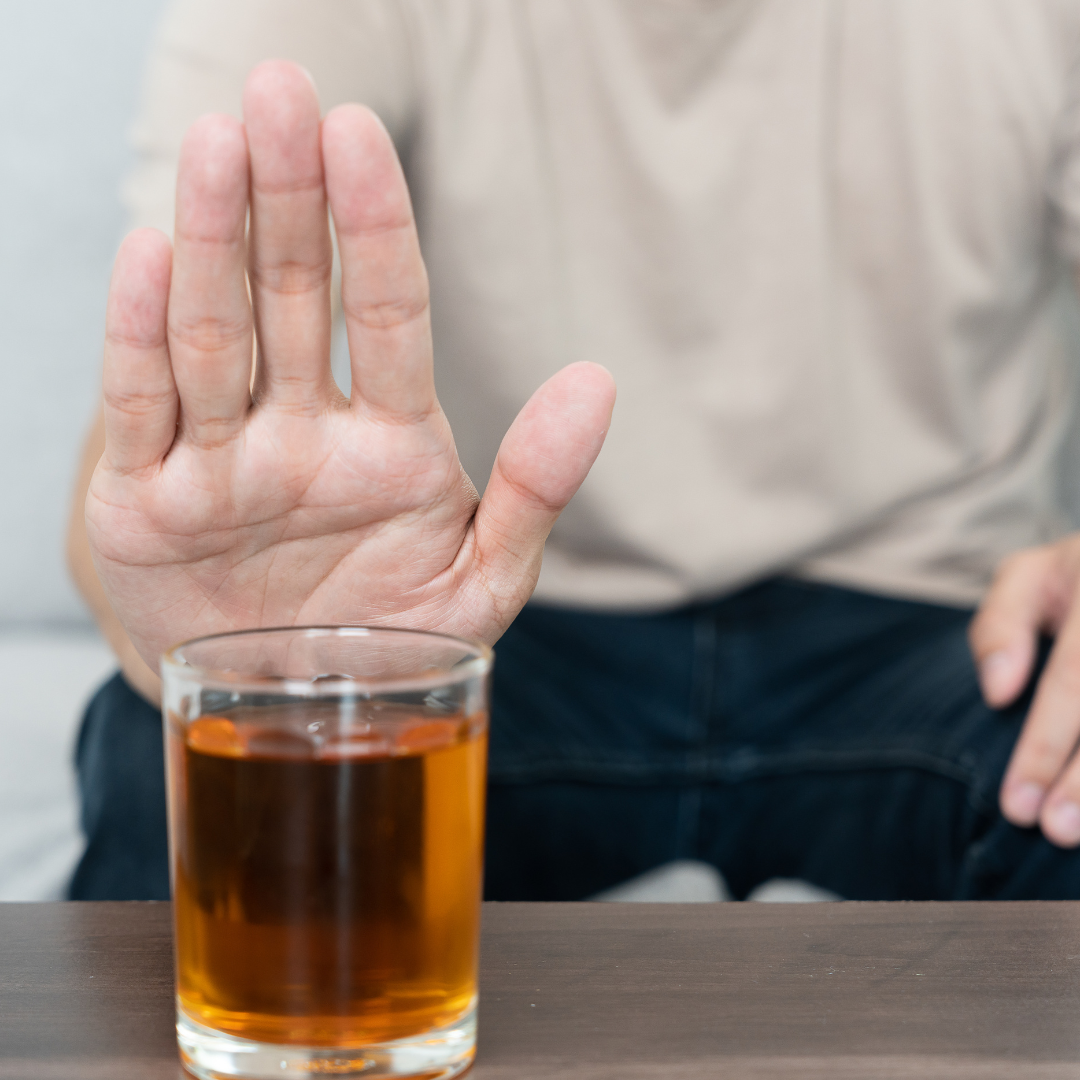
Magnesium Deficiency in Alcohol Drinkers: What You Need to Know
Share

If you regularly consume alcohol, you may be unknowingly depleting your body's essential minerals. Alcohol can interfere with magnesium absorption and accelerate its loss, leading to deficiencies that can cause serious health issues. It can interfere with magnesium’s vital roles in hormonal balance, calcium absorption, protein synthesis, and nerve function.
In this blog, we’ll explore why magnesium deficiency is common in alcohol drinkers, the symptoms to watch out for, and how supplementation can help restore a balanced amount of magnesium in your body.
Why Alcohol Drinkers Are at Risk for Magnesium Deficiency
Alcohol acts as a diuretic, which means it increases urine production. This leads to the loss of essential electrolytes, including magnesium. Research shows that just a few alcoholic drinks can cause a significant increase in magnesium loss through urine.
A diet high in alcohol often lacks nutrient-rich foods, which leads to nutritional deficiencies. Even if a person consumes magnesium-rich foods, the combination of poor absorption and increased loss through urination can result in deficiency.
Alcohol consumption can cause long-term decreases in magnesium levels, as it damages the intestinal cells that absorb magnesium. It can also lead to liver diseases such as fatty liver, hepatitis, and cirrhosis. A damaged liver struggles to store and release essential nutrients, and magnesium deficiency is a common consequence of alcohol-related liver disease.
Signs of Magnesium Deficiency in Alcoholics
Magnesium deficiency can manifest in a variety of ways, and because these symptoms can be subtle at first, many people may not immediately connect them to a lack of magnesium. Here are some common signs to watch out for:
- Muscle Cramps and Spasms
- Fatigue and Weakness
- Numbness and Tingling
- Anxiety and Mood Changes
- Irregular Heartbeat
Tips To Prevent Magnesium Deficiency
Reducing alcohol intake is essential for preventing magnesium loss. If cutting back on alcohol seems challenging, seeking support from a healthcare professional or counsellor can be a valuable step toward a healthier lifestyle.
You can also boost your magnesium intake by eating more magnesium-rich foods such as leafy greens, nuts and seeds, whole grains, avocados, bananas, and fatty fish. However, while diet plays a crucial role, it may not be enough for chronic drinkers or those with significant deficiencies.
Taking magnesium supplements can be an effective solution in this case. A high-quality magnesium supplement can help replenish magnesium and support overall health and well-being.
Restoring Magnesium Levels With Oriel Magnesium Rebalance
For people who drink alcohol regularly, maintaining adequate magnesium levels is essential to counteract the negative effects of alcohol on the body. Oriel Magnesium Rebalance is all you need to get back optimal magnesium levels. Its liquid ionic form offers maximum absorption to get you the best results.
Take a step towards improved health and restore your magnesium levels. Order your Magnesium Rebalance Drops today or visit our Health Stores in Ireland to get the best magnesium supplements derived from the deep sea off Ireland’s East Coast.
Frequently Asked Questions
How long does it take to correct magnesium deficiency in alcohol drinkers?
The time it takes depends on the severity of the deficiency and how consistently you supplement magnesium, reduce alcohol intake, and incorporate a healthy diet.
Can magnesium supplements prevent the negative effects of alcohol on the body?
While magnesium supplements can help mitigate some of the damage caused by alcohol-induced magnesium deficiency, they cannot completely prevent the negative effects of excessive alcohol consumption. It’s essential to reduce alcohol intake and make necessary lifestyle changes alongside magnesium supplementation.
Does magnesium help with anxiety caused by alcohol consumption?
Magnesium plays a role in supporting the nervous system and can help ease anxiety and irritability that may be worsened by alcohol-induced magnesium deficiency.

